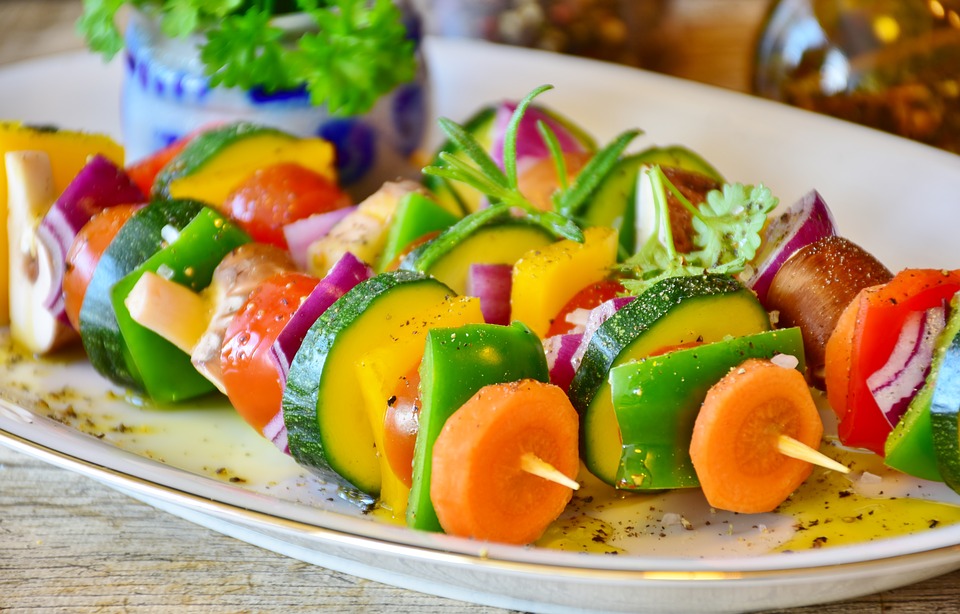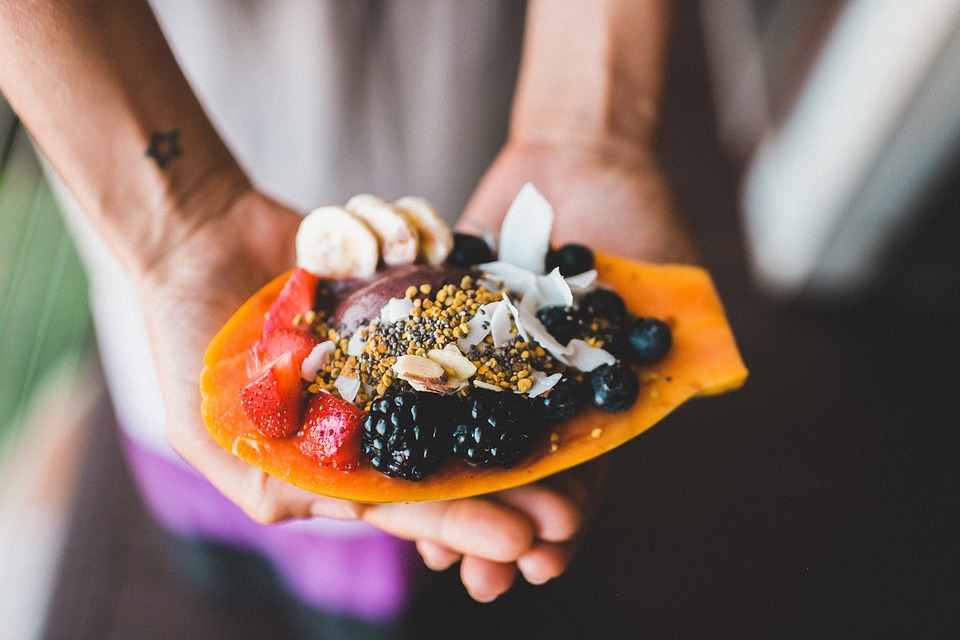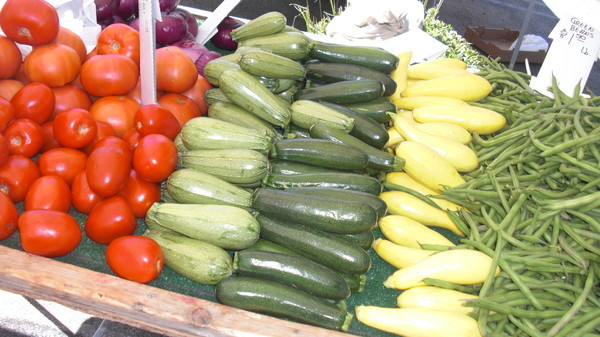The F-word: it’s a pain in the everything, can wipe out your focus and energy levels daily, and has an unfortunately long list of various potential causes. It’s difficult to diagnose because of its similarities to other diseases (like lupus and arthritis), and even more difficult to manage as a relatively ambiguous chronic pain disease, yet according to the National Fibromyalgia Association, fibromyalgia “affects an estimated 10 million people in the U.S. and an estimated 3-6% of the world population.” And the worst part is that there is currently no complete cure – those who suffer have a multitude of potential options to try easing their symptoms, but will live with this disease for the rest of their lives.
If you or someone you care about has been diagnosed with fibromyalgia, then you’re probably already familiar with just how many treatment options you can go through before finding one that seems to work for your body. Conventional symptom management might include a collection of prescriptions to help you manage your pain, sleep schedule, energy and stress levels, but this path is obviously not intended nor sustainable as a long-term solution. Your doctor might also recommend a handful of other more natural tactics to try, including changing your diet and exercise, and seeking out alternative relaxation methods to manage the stress and mental fog of fibromyalgia. Some have even gone so far as to suggest acupuncture and cognitive behavioral therapy for their patients.
All of these treatment options might sound pretty time-consuming (and potentially costly), and coupled with the various symptoms you’re suffering from, it’s pretty easy to wind up feeling overwhelmed and eventually hopeless about your situation. And all that stress caused by just considering your options can effectively worsen your symptoms, which in turn causes a seemingly endless cycle of no relief. So if you’re trying to decide where to start with your diagnosis, and feel like you don’t have the time, energy, or other resources to embark on any of the big lifestyle changes above, then consider the easiest and most personalized route possible: changing your diet.
Jan Chambers, the president and founder of the National Fibromyalgia and Chronic Pain Association, devoted a year and a half of her life to experimenting with and learning about how her diet affected her fibromyalgia symptoms. She cites that she went into her study with the mindset that “food is medicine,” and that “everything we eat has an effect on us.” It’s a pretty organic (but sadly no longer modern) way to look at it. We all have a food or ingredient that just doesn’t sit right with our bodies, and when we don’t pay attention to what we’re eating, we sometimes wind up with a whole lot of discomfort, even without a diagnosis.
So it’s simple to understand how watching what you eat can potentially have a large impact on your symptoms, which is where the vegan diet comes in. Although there is little raw scientific evidence to support just why it works, several studies have recorded patients’ pain, mental fog, and joint swelling and stiffness significantly reduced and their quality of life improve in as little as six months of maintaining a primarily plant-based diet.
And it’s easy to figure out why this is as well – when you eliminate from your sustenance the artificial preservatives, dyes, and other chemicals found in meat, snack foods and dairy products, and replace them with all of the natural vitamins and nutrients found in fruits and vegetables, your body should be happier. When you start to treat your food as a source of sustenance for your body, and not stuff that tastes good or makes you happy, then it only makes sense that your body will be less prone to pain, inflammation and swelling, and better prepared to operate under its natural functionality.
It’s obviously a big change for anyone, especially so if you’re a “foodie” at heart, or already manage a lot of dietary restrictions. Chambers herself realized early on, even before her fibromyalgia diagnosis, that consuming tomatoes worsened the achiness she would sometimes get in her joints. So if you’re planning to cut out animal products from your diet, it’s still important to be aware of what you already know your body is sensitive to. And above all else, it’s important to remember that your body is unique, and that great changes only occur over time.
Start small if you have to – keep a journal of how your symptoms change from week to week, and of what foods work for you, so that you can reference them later when you’re ready to try new, fancy recipes. As time goes on, listen carefully to your body. And if you do personally notice significant improvement in your symptoms from abiding by a vegan diet, remember to share your story!
Jennifer is the beauty and brains behind Beautifully Alive! She loves eating healthy and trying new recipes.The self-proclaimed Zumba Queen has a passion for beauty products and loves reading new books. She’s always down for a DIY project!




